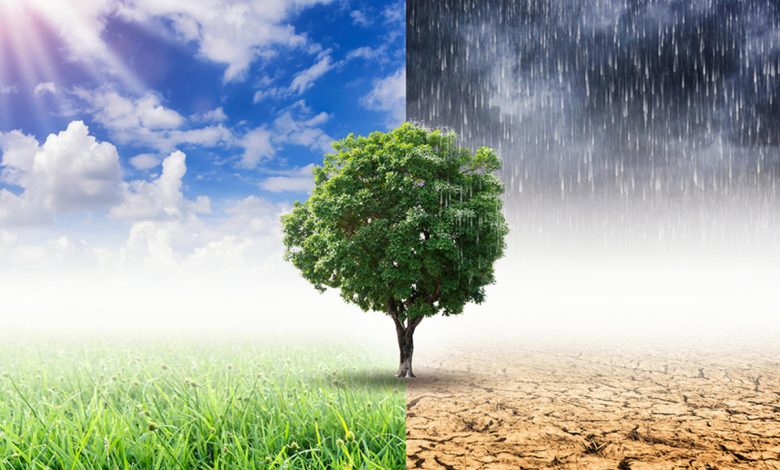Climate Change and Its Impact on Agriculture

Climate change is having a significant impact on agriculture worldwide, affecting crop yields, food security, and the livelihoods of farmers and rural communities. Rising temperatures, changes in precipitation patterns, and increased frequency of extreme weather events are all contributing to these impacts.
One of the most significant effects of climate change on agriculture is the decline in crop yields. Rising temperatures can lead to heat stress for plants, reducing their growth and productivity. Changes in precipitation patterns can also affect crop yields, with either too much or too little water leading to reduced growth. Additionally, extreme weather events, such as droughts or floods, can damage crops and lead to crop failure.
Food security is also being impacted by climate change. As crop yields decline, food prices may increase, making it more difficult for some individuals and communities to afford enough food. Additionally, changes in temperature and precipitation patterns may make it more difficult to grow certain crops in certain regions, leading to changes in what foods are available and where they are grown.
Climate change is also affecting the livelihoods of farmers and rural communities. Extreme weather events can damage crops and infrastructure, leading to financial losses for farmers. Additionally, changes in temperature and precipitation patterns may make it more difficult to grow certain crops, leading to changes in what farmers can grow and sell. These changes can have ripple effects throughout rural communities, affecting not only farmers but also those who rely on farming for their livelihoods, such as farm workers, and businesses that serve these communities.
It’s important for Governments and other organizations to work together to develop strategies to help farmers and rural communities adapt to these changes and to reduce greenhouse gas emissions to slow the rate of climate change. This can include providing farmers with access to weather and climate information, helping farmers adopt more climate-resilient crop varieties and farming practices, and investing in research and development to improve crop yields under changing climate conditions.












